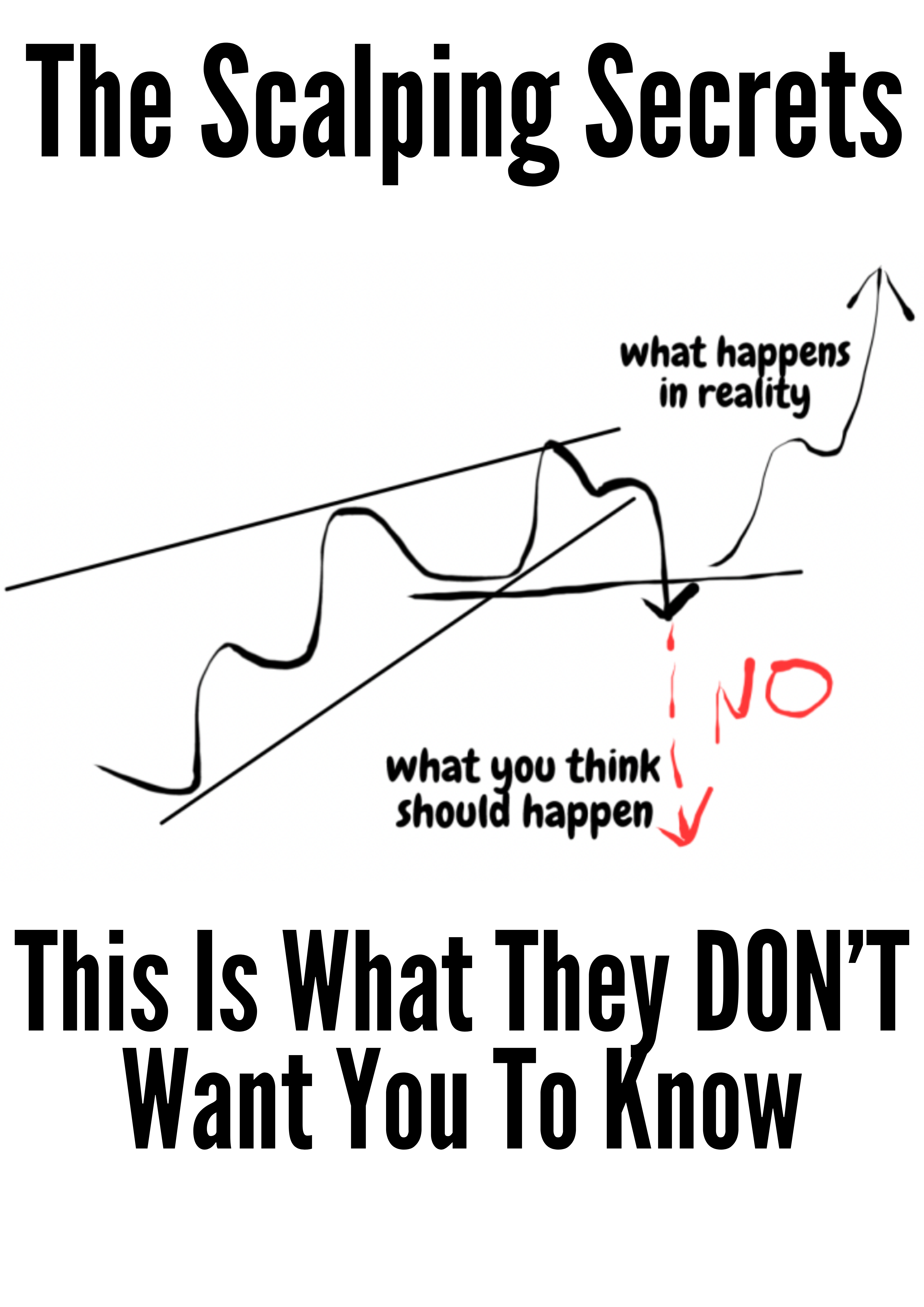Conquer Your To-Do List Like Napoleon: The Surprising Productivity Hack You Need
Feeling scattered and overwhelmed? Bouncing between emails, texts, meetings, and social media, but finishing none? You’re not alone. The modern world bombards us with distractions, constantly demanding our attention. We’ve been conditioned to believe we can be superhuman multitaskers, but what if that very belief is sabotaging our productivity?
Contents in this article
History offers a surprising antidote. Napoleon Bonaparte, one of the most successful military leaders ever, had a counterintuitive approach: avoid multitasking at all costs. His unwavering focus enabled him to win battles against seemingly insurmountable odds. What can we learn from him?
Key Takeaways:
- Multitasking is a myth: Our brains can’t truly focus on multiple complex tasks at once. Rapid task-switching actually reduces productivity, increases errors, and hinders creativity.
- Napoleon’s secret: Single-minded focus was Napoleon Bonaparte’s key to military success. He concentrated his forces for maximum impact, avoiding the pitfalls of multitasking.
- Benefits of single-tasking: Improved decision-making, enhanced problem-solving, increased efficiency, reduced stress, and better mental health.
- Put it into action: Timeblock tasks, silence distractions, use single devices, minimize interruptions, leverage focus apps, and practice mindfulness.
- Real-world results: From tech giants like Gates and Jobs to personal experiences and company experiments, single-tasking consistently drives remarkable results.
- Challenge the myth: Embrace single-tasking as the key to unlocking peak performance. Start small, dedicate focused time, and conquer your to-do list one battle at a time.
The Myth of Multitasking
Our brains are wired for singular focus, not juggling multiple complex tasks simultaneously. What we call “multitasking” is actually rapid task-switching, causing context jumps that drain mental energy and reduce efficiency. Studies show it:
- Reduces IQ by up to 15 points, more than missing a night’s sleep.
- Increases errors by 50%, leading to wasted time on revisions.
- Kills creativity, hindering the ability to make new connections.
- Breeds distraction, making it harder to stay on track.
Napoleon’s Secret Weapon: Single-Minded Focus
Napoleon’s triumphs in warfare were not solely attributed to his military genius but also to his remarkable ability to maintain unwavering focus. He strategically concentrated his forces, directing them with precision to pivotal points on the battlefield, thereby overwhelming his opponents with undivided attention. This strategic approach is not just a historical narrative but is well-documented in his memoirs and corroborated by the testimonies of his officers.
Napoleon’s own words underscore his emphasis on concentration and sequential problem-solving: “Compartmentalize and deal with problems one at a time. Never multitask.” This succinct advice encapsulates his belief in the potency of focused attention and the perils of attempting to tackle multiple tasks simultaneously.
In the chaos of warfare, Napoleon’s ability to maintain singular focus proved instrumental. It enabled him to seize opportunities swiftly and adapt to changing circumstances with agility. By devoting his attention to each challenge individually, he maximized the effectiveness of his maneuvers and outmaneuvered his adversaries with calculated precision.
Napoleon’s strategic approach serves as a timeless reminder of the significance of single-minded focus in achieving success. His example underscores the importance of directing our energies toward the most critical objectives rather than spreading ourselves too thin across numerous tasks. In today’s fast-paced world, rife with distractions, Napoleon’s counsel to prioritize focus over multitasking remains as pertinent and valuable as ever.
The Benefits of Single-Tasking
Exploring the benefits of single-tasking reveals numerous advantages that extend beyond mere productivity, enriching mental clarity, contentment, and resilience. Here’s a closer examination of the various merits of single-tasking:
- Sharper decision-making: Concentrating on one task at a time enables individuals to cut through distractions and engage in clear, focused analysis. This undivided attention facilitates informed decision-making, unclouded by the disruptions associated with multitasking.
- Enhanced problem-solving: Immersing oneself fully in a single task fosters a state of flow, where creativity flourishes, and innovative solutions emerge. By eliminating distractions and honing concentration, individuals can approach challenges with fresh perspectives, leading to more effective problem-solving outcomes.
- Increased efficiency: Single-tasking allows individuals to direct their energy and efforts towards one task, resulting in heightened efficiency and productivity. Without the cognitive strain of switching between multiple activities, tasks can be completed more swiftly and with greater ease.
- Reduced stress: Engaging in focused work cultivates a sense of accomplishment and fulfillment, thereby reducing stress levels. By fully committing to tasks and immersing oneself in the present moment, individuals can experience greater satisfaction, alleviating the anxieties associated with multitasking.
- Better mental health: Single-tasking promotes mindfulness and presence, fostering a deeper connection to one’s work and surroundings. This heightened awareness empowers individuals to manage stress, regulate emotions, and sustain overall mental well-being, contributing to greater resilience and contentment in daily life.
Embracing single-tasking as a fundamental aspect of work habits empowers individuals to approach tasks with clarity, efficiency, and equilibrium. By prioritizing focused attention and mindfulness, individuals can unlock their full potential, leading to a more enriching and purposeful existence.
Putting Napoleon’s Tactics into Action
- Timeblock tasks: Break large projects into specific steps, allocating dedicated time slots for each.
- Silence distractions: Disable notifications during focused work. Check messages at designated times.
- Go single-device: When writing or creating, stick to one device to avoid context switching.
- Minimize interruptions: Block “Deep Focus Time” on your calendar, silencing distractions.
- Embrace focus apps: Use tools like Forest or Freedom to limit access to distracting websites.
- Practice mindfulness: Meditation or breathing exercises can strengthen your attention span.
Real-World Examples
Bill Gates and Steve Jobs, renowned for their focus, shunned multitasking and expected the same from their teams. Research shows workers increase concentration by 50% with disabled email alerts, and companies like BMW experiment with email shutdowns to boost productivity.
The Verdict: Single-Tasking Wins
In a world that often praises the ability to juggle multiple tasks simultaneously, it’s easy to overlook the power of single-tasking. However, the evidence unequivocally demonstrates that multitasking is more of a hindrance than a help when it comes to productivity and performance. Inspired by Napoleon’s strategic brilliance, embracing single-tasking can unlock unparalleled levels of efficiency and effectiveness.
Napoleon’s approach to warfare was characterized by meticulous planning, focused execution, and unwavering determination. Similarly, in the realm of productivity, dedicating undivided attention to a single task at a time allows for deeper engagement, higher quality output, and ultimately, greater success.
By following Napoleon’s lead and experimenting with single-tasking, even if only for a few hours each day, individuals can witness a profound transformation in their productivity and performance. The key lies in committing to focused work, eliminating distractions, and channeling all energy towards accomplishing one objective at a time.
Napoleon’s famous directive, “Speak less, work more,” encapsulates the essence of single-tasking perfectly. Instead of spreading oneself thin across multiple tasks, it’s far more effective to prioritize and tackle each task with laser-like focus.
Conquering the to-do list becomes a strategic endeavor, with each task approached as a battle to be won. With single-tasking as the weapon of choice, individuals can navigate their workload with precision and efficiency, achieving their goals one battle at a time.
Sharing experiences of reducing multitasking can serve as inspiration and encouragement for others embarking on a similar journey. By exchanging insights and lessons learned, individuals can reinforce their commitment to single-tasking and continue reaping its benefits.
So, how has reducing multitasking impacted your work and focus? Share your stories and insights, and together, let’s champion the power of single-tasking to unlock peak performance and achieve greater success in our endeavors.





